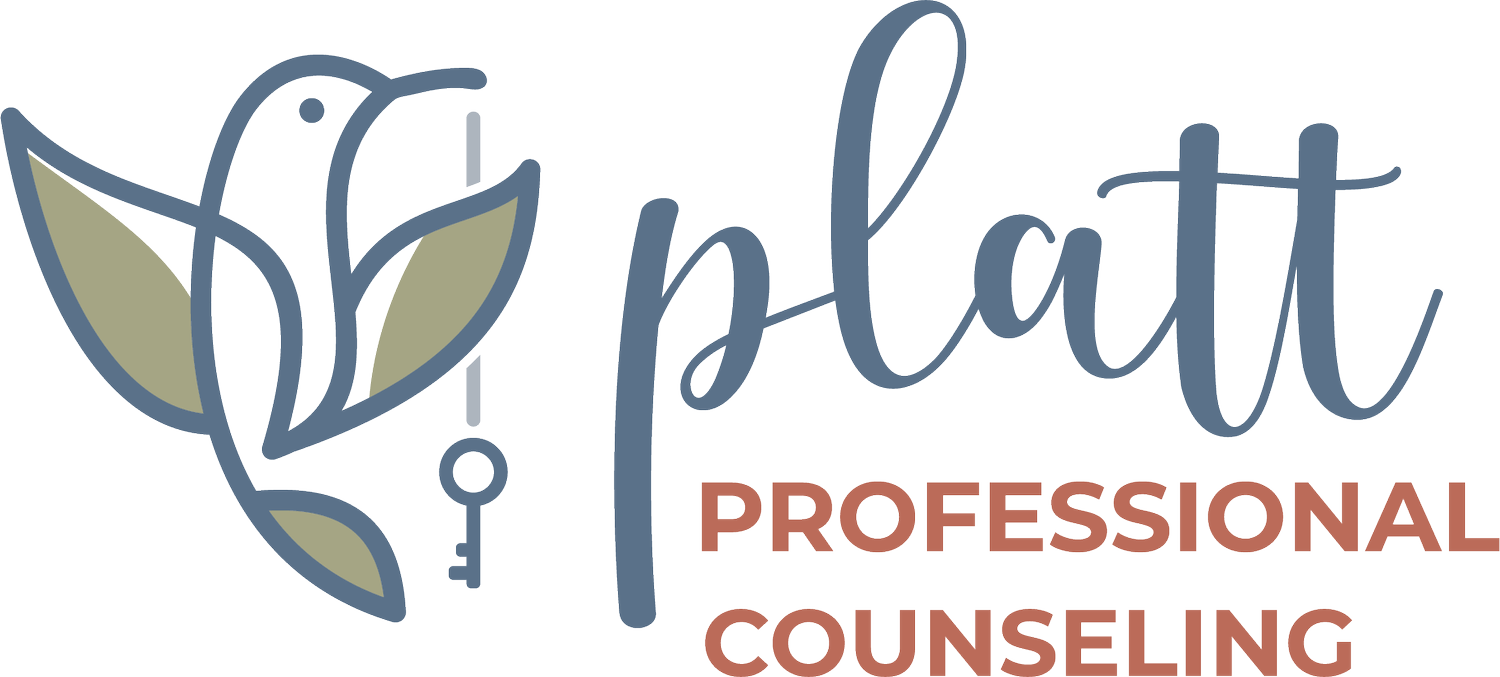How do I process this Mass Shooting? 5 Grounding Questions to Ask Yourself
 Breaking News: Mass Shooting. Everyone agrees these four words have become all to common. Spectators at 4th of July parades, school children, Black shoppers, and many others have all been victims of what feels like pervasive senseless violence. We are devastated by tragedy after tragedy that keeps plaguing our country. The Marshall Project claims, “There were more mass shootings in the past five years than in any other half-decade going back to 1966.”We want and know a greater level of peace is possible for our world. The problem is mass violence keeps happening which makes us feel helpless to do anything to make the world a better place.Below are 5 grounding questions to ask yourself to help you process a traumatic event like when a mass shooting that happens in our culture. We often can’t control a situation as we hope and it can be discouraging to stay hopeful when whatever we do doesn’t matter.The truth is that we always have control over our attitude. If you’re feeling out of control over this situation these 5 questions are a helpful place to start on your own healing process. Sit down with a journal and write out your responses to each of these questions:
Breaking News: Mass Shooting. Everyone agrees these four words have become all to common. Spectators at 4th of July parades, school children, Black shoppers, and many others have all been victims of what feels like pervasive senseless violence. We are devastated by tragedy after tragedy that keeps plaguing our country. The Marshall Project claims, “There were more mass shootings in the past five years than in any other half-decade going back to 1966.”We want and know a greater level of peace is possible for our world. The problem is mass violence keeps happening which makes us feel helpless to do anything to make the world a better place.Below are 5 grounding questions to ask yourself to help you process a traumatic event like when a mass shooting that happens in our culture. We often can’t control a situation as we hope and it can be discouraging to stay hopeful when whatever we do doesn’t matter.The truth is that we always have control over our attitude. If you’re feeling out of control over this situation these 5 questions are a helpful place to start on your own healing process. Sit down with a journal and write out your responses to each of these questions:
1. What are my feelings right now about this tragedy?
We have to name it to tame it. If we can’t name our emotions we won’t ever be able to tame them. This doesn’t mean we’re wrong if we feel strong or bad emotions about tragic events. It should piss us off that we have to navigate a world with rampant violence. If anger is what you’re feeling, it’s your instincts kicking in trying to protect you and your loved ones from danger. Don’t run from the emotions. Feel the anger and don’t try to move past it or ignore it. Let it be a window to what is going on in your heart. Get curious about whatever you’re feeling and the range of emotions you go through over a given time.Paying attention to and recording your emotions will help you gain the clarity you need to make the change you hope to see in the world.
2. Who do I need to talk to about these feelings?
Life was never designed to be lived in isolation. Good does not come from the bottling of emotions. We don’t get any extra awards for not talking about the bad feelings we have. Find a trusted friend, therapist, pastor, or family member and share with them your feelings. Psychology Today suggests that these mass shootings are one example of “collective trauma” that we all face. No matter your level of direct connection with the traumatic event, you are affected and it is reasonable to have a need to talk about it.Reach out and talk to someone about the feelings you’re having.
3. How much news am I consuming about this event?
Multiple pieces of research have found that overconsumption of news media creates increased levels of depression, anxiety, and stress. A study of children after the 9/11 attacks found those who consumed news through online sources had an even higher level of PTSD symptoms compared to their peers.Being informed is a good practice, but binge-watching news is not healthy for your mental health. Consider allowing yourself a limited amount of time to research and read about events across a spectrum of news sites.
4. What would an emotionally healthy person do in my situation?
It is hard to have perspective about an event when we’re in the middle of the event. Asking this question invites your brain to look at your behavior around this challenging circumstance from a different perspective. The clarity you receive allows you to have greater agency around how you want to respond. As we said above, there is no shame that needs to come from the feelings we have. The emotions we have may come and go in hard-to-understand ways. The perspective gained from asking what an objective emotionally healthy person would do helps us act in line with the person we want to be.
5. How might this affect me months later?
In the Book The Body Keeps the Score, Bessel van der Kolk says, “Traumatized people chronically feel unsafe inside their bodies: The past is alive in the form of gnawing interior discomfort. Their bodies are constantly bombarded by visceral warning signs, and, in an attempt to control these processes, they often become expert at ignoring their gut feelings and in numbing awareness of what is played out inside. They learn to hide from their selves.”Trauma from the difficult things we go through in life gets stored in our bodies. Unless we do the work to embrace how our life has been impacted emotionally, physically, relationally, and spiritually, the trauma we experienced will continue to impact our lives negatively. When you sit down to ask yourself these questions be patient with yourself. Don’t try to rush what you’re feeling and going through. Let yourself go through the process of putting pen to paper and jotting down a few responses to these questions. If at any point you feel it would be beneficial to talk to a mental health professional, we’re here to help. CLICK HERE to schedule a free consultation to get started receiving the mental health support we can offer. Our hearts are heartbroken by the frequency of all these tragedies. Taking care of your own heart is one of the best ways to honor the lives of those who have been lost and get clarity on how we can work together to create a more peaceful world. The best is still yet to be, let us not give up hope we can change.

